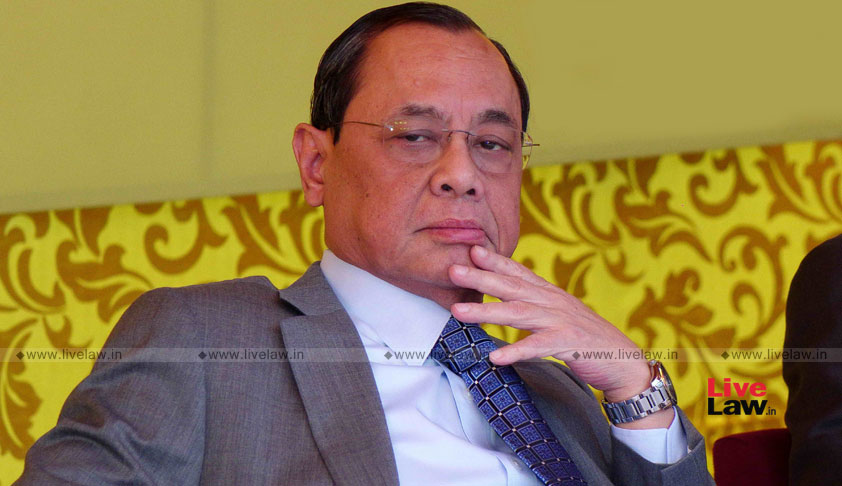CJI Ranjan Gogoi Unhappy With Centre Splitting Up Collegium Proposals
LIVELAW NEWS NETWORK
5 Nov 2018 7:33 PM IST

Next Story
5 Nov 2018 7:33 PM IST
The Chief Justice of India Ranjan Gogoi has taken up the issue of Centre splitting up Collegium recommendations by withholding assent to certain names selectively, reports the Economic Times. As per the ET Report, the CJI has raised the issue with the Prime Minister.“The splitting up of recommendations is a matter of serious concern, and the CJI has taken it up with the PM,” an unnamed...
